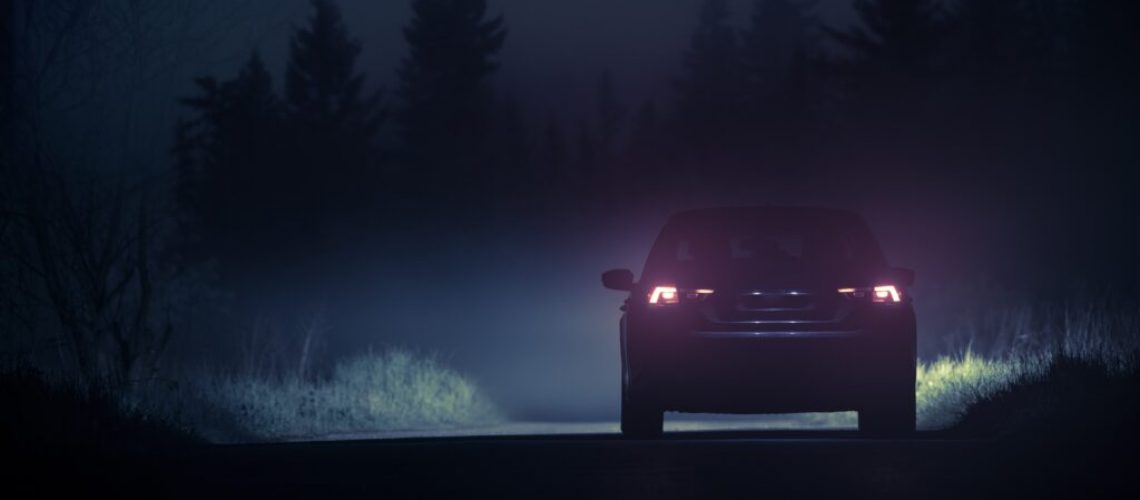Getting behind the wheel of your car is a familiar environment. Even though you feel safe in your car, you should never drop your guard. Safety is something that people must always keep in mind when they are out doing day-to-day tasks. Driving alone, especially at night, can put you in a potentially harmful situation. It is essential to always be aware of your surroundings and be prepared as you are driving. If you must drive at night, here are a few tips that could help keep you safe in your travels.
To increase your chances of staying safe on the road, keep these 7 tips in mind when driving.
1. Clean Headlights:
Make sure your headlights are clean and aimed correctly.
2. Location of Legal Weapon:
Make sure you have your legal weapon available in case you need to protect yourself. Examples of some self-defense tools that you can keep close for emergencies include pocket knives, pepper spray, firearm, tactical pen, taser, and even a flashlight.
3. Distractions:
Keep aware of your surroundings and stay focused on the road. Meaning, do not drive distracted! Things like cell phones, accidents on the side of the road, and billboards can take away your focus of driving. Remember, accidents do not take minutes to develop, only seconds. Stay aware and focused. If you notice another car following you, make a couple of extra turns, and if they continue to follow, call the police or head to the nearest police station.
4. Wildlife:
Watch for Wildlife because your chances of colliding with deer or other animals increase at dusk or night. Your high beam lights can help you spot animals at a safer distance away, giving you time to react and avoid an accident by slowing down and stopping if necessary.
5. Rest:
Try to rest before you get behind the wheel of a car. If you drive tired, this impairment imposes danger for yourself and others. Be sure to take regular breaks in safe and well-lit areas. Do not risk an accident because you are tired. If you must, roll your windows down so you can get a breath of fresh air.
6. Slow Down:
Speed-related crashes increase at night due to lower visibility and shorter reaction times. Take note to adjust your speed and take conditions like rain and fog into account. Speeding gives you less time to react and increases the severity of an accident. If you are on a two-lane highway at night, the glare from oncoming cars’ headlights could temporarily blind you. Slowing down allows your eyes time to re-adapt to the low light conditions.
7. Documents:
Ensure you have necessary documents with you should you encounter a situation that may involve another motorist or the police.
Even though you cannot control others’ actions while they drive, you can control your actions. Keeping you and the people in your car safe is a big responsibility. No matter how skilled a driver you are, it is crucial to continue to reflect on driving basics. Following safe driving tips can increase your chances for a safe trip. Should you encounter a situation where you have to use a weapon (firearm or any other legal weapon) to defend yourself or others, please know that as a member of Firearms Legal Protection we are here for you.

